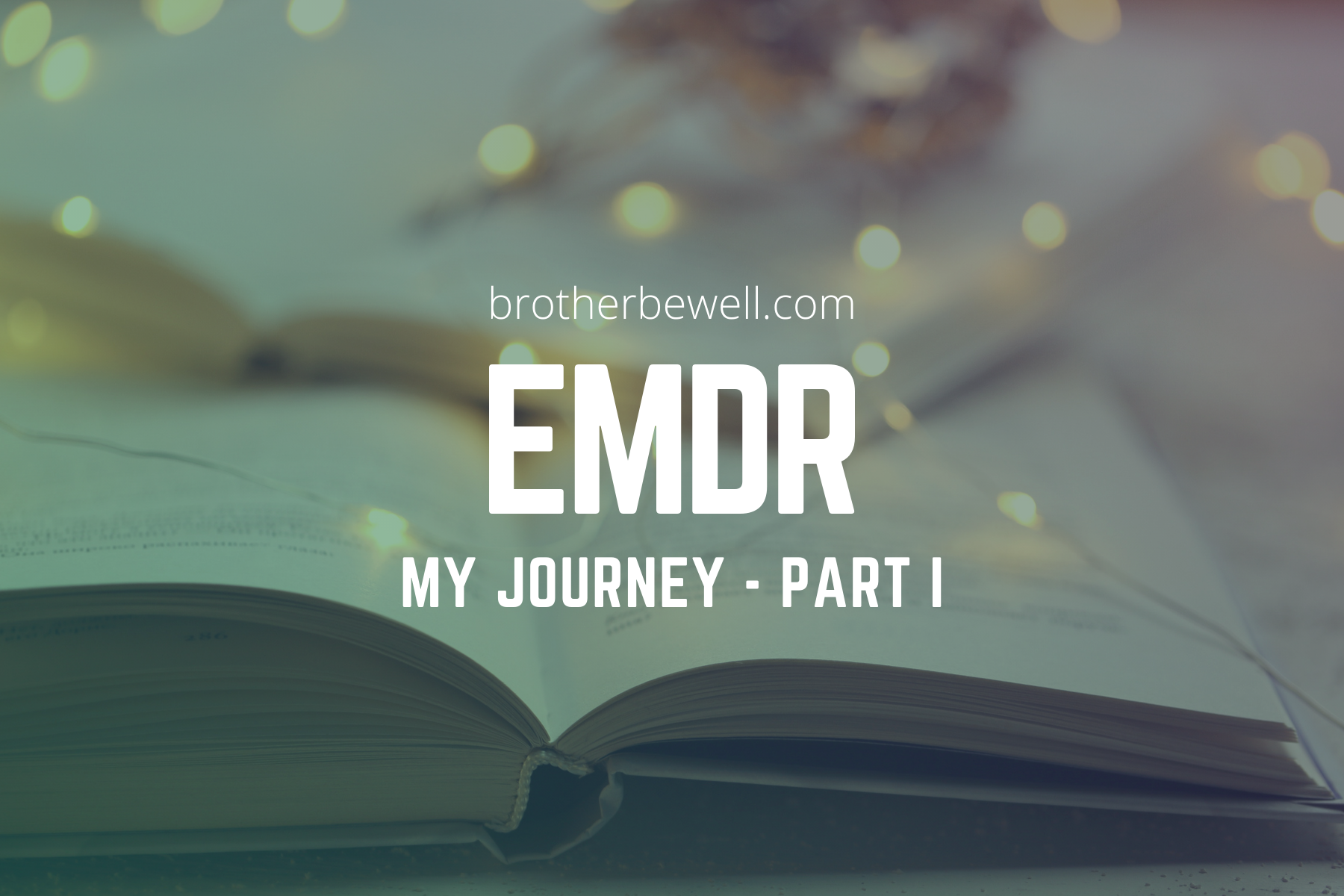People have often said that our eyes are the windows to the soul. In my case, my brown eyes were the keys to relief from the impacts of Adverse Childhood Experiences (ACEs), anxiety, and episodic depression that, over the decades, I had become quite good at masking. It took a brilliant therapist, paired with my willingness to be open to a relatively new treatment modality, to deliver me from the effects of trauma.
Part I: “Voices carry.”
You wouldn’t think that two simple words like “Voices carry,” my mom’s version of the time worn “keep your voice down” that mothers have used for centuries to curtail their kids’ errant behavior, could cause so much anguish. On the surface, the words are benign, fairly basic building blocks to a grade school kid’s vocabulary. But decades later, they were a trigger that prompted the recall of past events and a post-traumatic stress disorder response.
I’d heard those words many times while I was growing up in a three bedroom ranch in suburban Detroit. I was a loud mouthed kid, opinionated and rambunctious. My well-meaning mother would speak those words to me often, when conversations were being had that Mom didn’t want the neighbors to hear.
Mom would also speak those words ever so softly to her husband — “Please…voices carry” — so quietly that they were often hard to hear through their closed bedroom door, as I pressed my ear to it in the middle of many nights while I was growing up. She’d say them just before being pushed, slapped, punched, or strangled by my father, for hours on end, often well into the night. Most often, Dad’s hands were his weapons of choice, the same hands that sat at the ends of a pair of high yellow, muscled arms that I just wanted him to use to hug me.
My mother would speak those words just hours after I, my older brother, and my two younger sisters had enjoyed a snack — a warm, homemade oatmeal raisin cookie or a cup of hot cocoa were my favorites. She led us in bedtime prayer on bended knee, and tucked us in for what we had hoped would be a peaceful night’s sleep. Mom would often then face her batterer, as he quickly succumbed to alcohol addiction. When the physical abuse and my father’s heavy drinking started, my folks were only in their early 30s.
Often, my older brother, younger sisters and I enjoyed the peaceful, sleep-filled nights we craved. Days, weeks, and sometimes months on end would pass, without awakening hours before dawn to the sound of my mother screaming, crying, and sometimes begging for her life, as Dad bent under the weight of his addiction. Experiencing his rages, it was hard to imagine that he had promised to love and protect my mom “’til death do we part,” during a small ceremony at her father’s house.
“’Til death do we part.” That was another set of words that took on new meaning for me growing up. Many days, I wished for death.
Be careful what you wish for, they say. Death almost came during the summer between 4th and 5th grades, in the back seat of a brand new, gold Lincoln Marquis that had been barreling down a rural road in Mississippi, during our annual summer trip to visit my grandparents. My father’s foot was on the floorboard during his drunken argument with Mom.
I have an indentation and scar, covering seven stitches on the top of my scalp, to remind me of that early August afternoon. To this day, I trace it with my index finger when I need to remember my own strength and resilience. And to this day, I have an aversion to marriage, as I grew up watching one spouse try to kill the other, over and over again.
During mornings after Dad’s rages, my mother often employed what I thought was her favorite phrase, “Voices carry,” along with a measured, whispered mandate to her kids: “Don’t talk to anyone about what happened last night.” Mom feared the emotional trauma of losing her children if anyone — neighbors, teachers, even our grandmother, who was a regular, almost daily part of our lives — learned what often went on behind the door of our perfectly manicured suburban home.
As Mom spoke those words to me, she’d often be administering my daily tablespoon of cod liver oil, or fastening the purple hood to my matching coat — I always had style — for my frigid daily walk to school. I’d spend a few school days praying, as I removed the hood and coat in my elementary school classroom, that neither my classmates nor my teacher would detect and ask about the smell of urine on me, as I hopped out of many a piss-soaked twin bed back in the small bedroom I shared with my brother.
No one ever detected that — or if they did, they never asked me about it. So I never had a hard test of Mom’s “don’t tell anybody” edict. I never spoke to a single friend or relative about my parent’s travails, as I earned straight A’s in school and settled into my role as second in a family that I later learned was the envy of many in Inkster, Michigan. My first girlfriend once told me that everyone in town referred to The Colemans as “the black Brady Bunch.”
Because “voices carry,” the formerly rambunctious young boy became a sullen, sad adolescent…on the inside. On the outside, I wore a mask, and learned to pack my feelings away, deep down, never to be spoken of. I created a character that helped me navigate the world that, internally, I struggled to live in. I contemplated and even planned to take my own life, in junior high school…but that’s a story for another day.
It would be decades later when another well-meaning person, an attorney, would give me a similar “don’t talk to anybody” edict that would rip the scabs off of my childhood trauma. I’d wind up in the office of a mental health practitioner who would do her best to give me my life back.
By Michael P Coleman, Content Director, Brother Be Well



